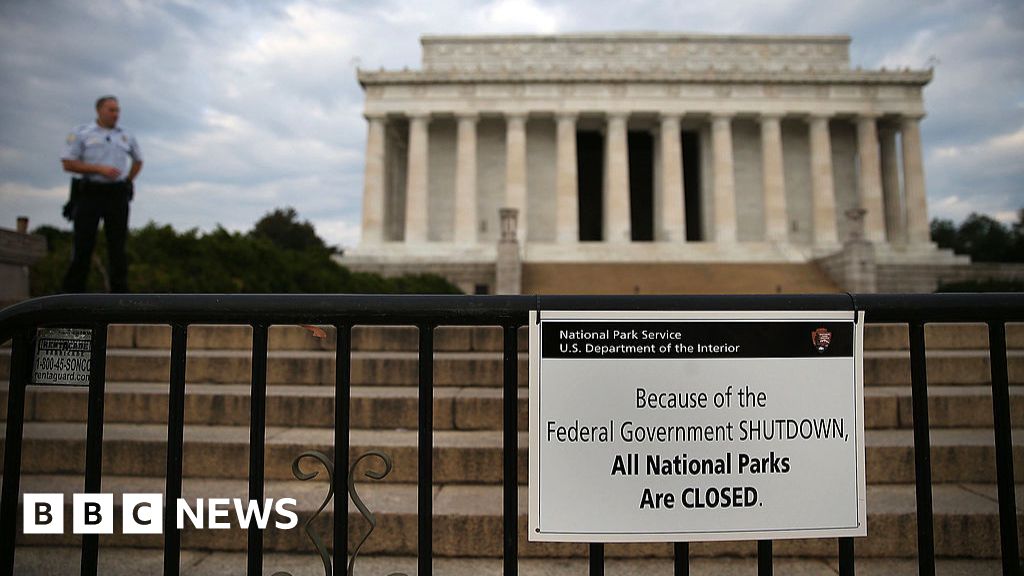Federal Government Shutdown Begins: Widespread Disruptions Expected Across US
Federal Government Shutdown Begins: Widespread Disruptions Expected Across US

The United States federal government has officially shut down after Republican and Democratic lawmakers failed to reach a consensus on a new budget. This impasse halts funding for government operations through October and potentially beyond, threatening extensive disruptions for millions of Americans, from air travel to vital public services.
An estimated 800,000 federal employees, roughly 40% of the federal workforce, are expected to be placed on unpaid leave. Essential personnel, such as air traffic controllers and Transportation Security Administration (TSA) workers, will continue to report for duty but without immediate pay, raising concerns about potential staffing shortages and delays as seen in previous shutdowns. Travelers should anticipate longer security queues and possible flight disruptions. Additionally, US passport agencies warn of extended processing times for travel documents.
Beyond federal workers facing immediate financial hardship, the shutdown will impact various sectors. National Parks and Forests, which were controversially left open with minimal staffing during the last shutdown, are again at risk, with park advocates urging complete closure to prevent vandalism and environmental damage. Washington D.C.’s Smithsonian museums plan to remain open until at least October 6th, utilizing prior funds, and National Zoo animals will continue to receive care, though popular webcams have been deemed non-essential and will be switched off.
Critical health and welfare programs will also feel the strain. While Medicare and Medicaid are expected to continue, staffing shortages could lead to service interruptions. The National Flood Insurance Program is closed, potentially delaying property mortgages. Furthermore, food assistance programs like the Supplemental Nutrition Program for Women, Infants, and Children (WIC) are projected to run out of funds rapidly, with the larger Supplemental Nutrition Assistance Program (SNAP) also at risk if the shutdown persists.
Disclaimer: This content is aggregated from public sources online. Please verify information independently. If you believe your rights have been infringed, contact us for removal.